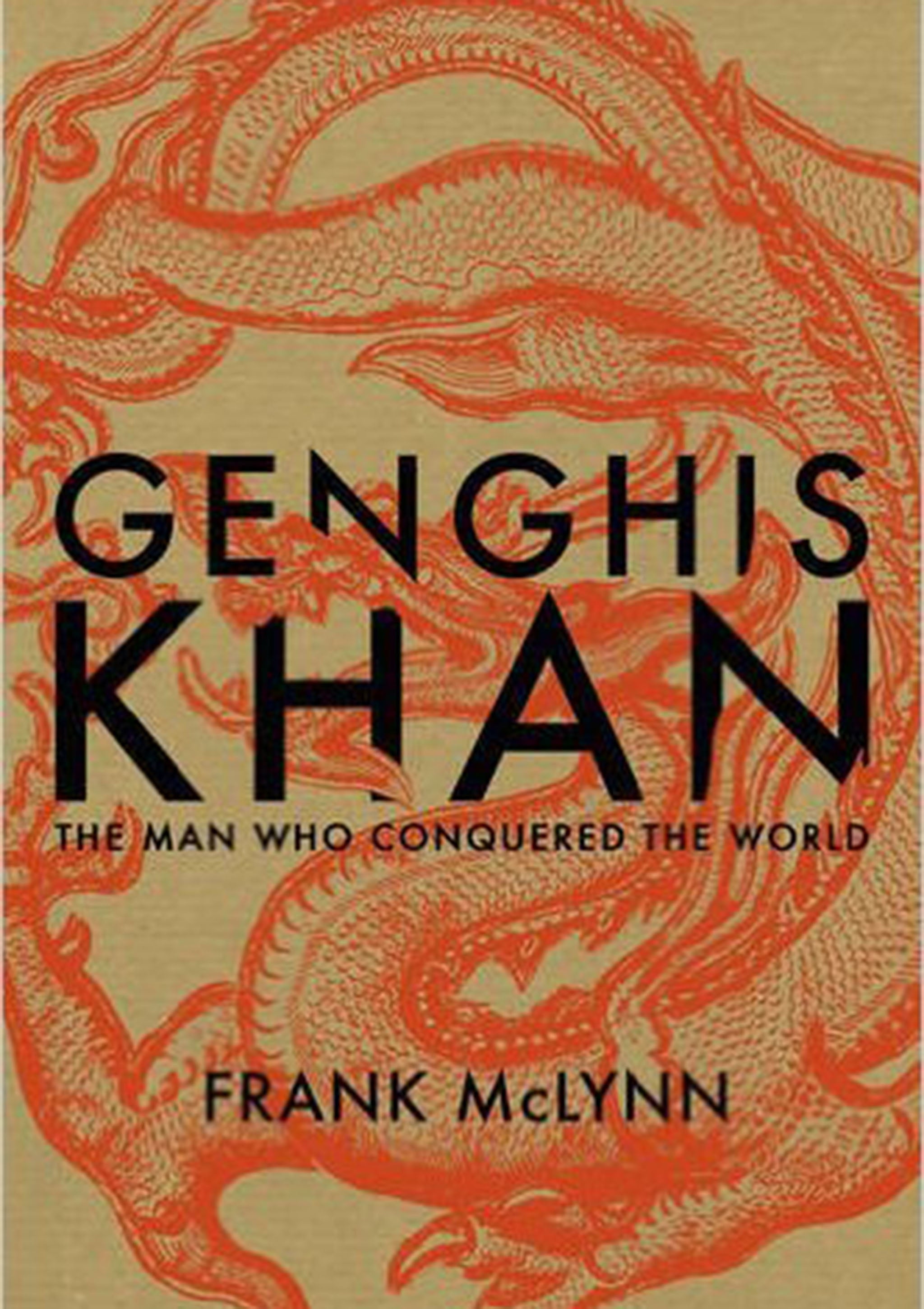Genghis Khan: The Man Who Conquered the World by Frank McLynn, book review: Why Genghis Khan as a great man doesn’t convince
Does viciously conquering numerous countries make the leader a 'great man'?

Your support helps us to tell the story
From reproductive rights to climate change to Big Tech, The Independent is on the ground when the story is developing. Whether it's investigating the financials of Elon Musk's pro-Trump PAC or producing our latest documentary, 'The A Word', which shines a light on the American women fighting for reproductive rights, we know how important it is to parse out the facts from the messaging.
At such a critical moment in US history, we need reporters on the ground. Your donation allows us to keep sending journalists to speak to both sides of the story.
The Independent is trusted by Americans across the entire political spectrum. And unlike many other quality news outlets, we choose not to lock Americans out of our reporting and analysis with paywalls. We believe quality journalism should be available to everyone, paid for by those who can afford it.
Your support makes all the difference.The rise of Genghis Khan astonished his contemporaries. From obscure beginnings on the grassy steppes of present-day Mongolia, he fashioned a mighty army that united various nomadic tribes before overrunning a substantial slice of the planet. Striking south-east, he conquered northern China and Korea. Turning to the south-west, he subdued modern Afghanistan, Central Asia and parts of the Caucasus and Russia. Following his death in 1227, his successors expanded the Mongol empire further, liquidating the remaining Russian principalities, smashing through Poland and laying waste to Hungary and Croatia.
Incredible, indeed, but does it all make Genghis Khan a “great man”? McLynn seems to think so. Genghis Khan was “admirably tolerant” on matters of religion and ethnicity, he writes. He further suggests that Genghis Khan was “unknowingly, environmentally green” on the singular grounds that he reduced the world’s population by a significant percentage and turned much of the earth back into uncultivated forest. That’s one definition of greatness – but not everyone’s and it’s not mine.
Of his military genius, there is no doubt. he mobilised the entire adult male population of Mongolia into a semi-permanent standing army, divided into units of 10,000 and headed by a praetorian guard. The problem for Mongolia’s neighbours was that this gigantic force needed to invade to survive. Because the thin soil of the steppes could not sustain it, its continued existence depended on the relentless conquest of richer lands on which the army could gorge before moving on to the next prey.
From Samarkand to Oradea, in what is now Romania, The Mongols gutted cities once they took them. Artisans and craftsmen were often spared but only for deportation to Mongolia. All the other adult men were killed or enslaved to serve as human shields in the next siege. Mass rape of the women was routine. Thanks to the great stud’s own activity in that department, a sizeable amount of the population of Central Asia can claim to be Genghis Khan’s own descendants. In the end, the Mongol empire burnt itself out. The predator ran out of prey, basically. Lines became over-extended, the empire cracked into different parts after Genghis Khan’s death and the flow of booty and slaves into the Mongol heartland corrupted the old egalitarian values of Mongol society. Whatever McLynn says to the contrary, my thoughts were, thank goodness for that.
Order for £21 (free p&p) from the Independent Bookshop: 08430 600 030
Join our commenting forum
Join thought-provoking conversations, follow other Independent readers and see their replies
Comments